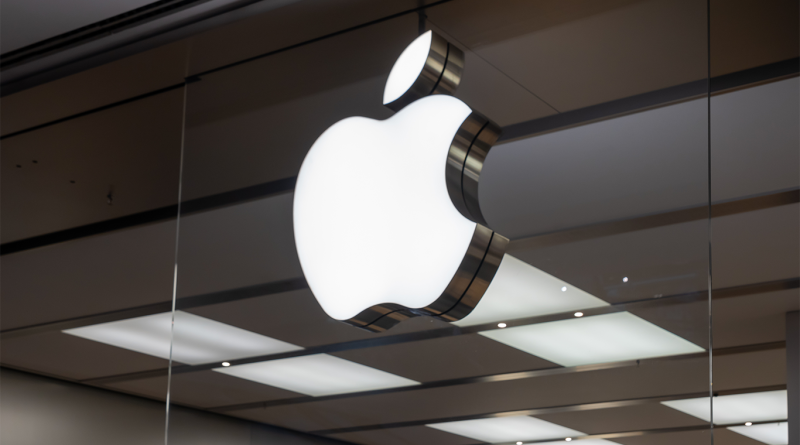Why Apple’s AI Updates are Facing Mixed Reviews?
Apple’s entry into the AI landscape with its iOS 18.1 update was marked by high expectations, but these were tempered by a slew of issues that surfaced during its subsequent 18.2 beta phase. Reports from early testers underscored problems including persistent software instability and the sudden unavailability of core Siri functionalities. This set the stage for mixed user sentiment as the AI features rolled out more broadly.
System glitches and waitlist frustrations: Users faced extended waitlists to enable Apple Intelligence features, adding friction to what should have been a seamless activation process. Moreover, the waitlists and phased releases seemed to stem from a reliance on Apple’s privacy-centric infrastructure, which prioritized data security through Private Cloud Compute but complicated the rollout. Many users voiced their disappointment, finding the process unnecessarily cumbersome.
Beta bugs and performance issues: The beta phases of iOS 18.2 saw widespread reports of bugs and performance concerns. Siri’s integration with more sophisticated AI features revealed limitations, particularly when compared to rivals. For example, ChatGPT integration was subject to usage caps, causing dissatisfaction among those expecting unfettered access to Apple’s version of the AI technology.
Familiar features and unmet expectations
While Apple promised groundbreaking enhancements in iOS 18.2, many features did not feel new to experienced users. For instance, the Photos app gained an object-removal tool, a polished addition but not novel when compared to similar functionalities available for years in third-party apps. Siri’s AI-driven improvements, like handling corrections in mid-speech, mirrored capabilities already found in competing AI models.
Market positioning and user disappointment: Apple’s slow release of incremental updates appeared particularly weak when held against competitors like OpenAI and Google, which had established more robust generative AI functionalities. The launch of Genmoji and other visually engaging tools, while intriguing, did little to shift perceptions that Apple’s innovations were trailing behind.
Why Apple’s slow-and-steady approach may backfire
Apple’s method of deliberate, privacy-focused AI development—while beneficial for its reputation of security and integration—has become a double-edged sword. Craig Federighi and other Apple leaders framed this as a “decades-long arc,” emphasizing a commitment to long-term evolution rather than immediate market impact. Yet, this approach increasingly risks losing consumer engagement in a field defined by rapid advancements.
Privacy-first versus progress: On-device processing and strict data privacy measures undergird Apple’s AI ecosystem, setting it apart from competitors that leverage cloud-based solutions for faster innovation. While this stance appeals to privacy-conscious users, it limits how quickly and broadly Apple can implement new AI technologies. This limitation becomes evident when user experience suffers from delayed and bug-laden updates.
Growing competitive pressure: Rivals like Google, through their Gemini platform, and OpenAI with ChatGPT, have cultivated strong user bases by rolling out frequent and impactful updates. Apple’s attempts to catch up, such as introducing Image Playground and other creative tools in iOS 18.2, are notable but have yet to convince the broader tech community of Apple’s competitive edge.
The industry outlook and analyst opinions
Despite these challenges, there remains a cautious optimism about Apple’s trajectory. Analysts like Daniel Ives of Wedbush Securities see potential in Apple’s measured approach, predicting substantial returns in the long run if it can maintain user interest through continuous, albeit slow, enhancements. Future updates, including iOS 18.4, promise further integrations like more personalized Siri functions, but for now, skepticism lingers. Apple’s track record of entering markets late with well-refined products—such as the iPhone and Apple Watch—could work in its favor. Yet, replicating this success in the AI sector, where speed and adaptability are critical, will test Apple’s ability to balance innovation with reliability and privacy.
Apple’s AI strategy for 2024 reflects its trademark emphasis on privacy and seamless integration but faces significant challenges in terms of consumer satisfaction and competitive positioning. While iOS 18.1 and 18.2 brought valuable tools, the mixed feedback highlights a clear need for Apple to refine its rollout process and elevate its AI features to match and surpass industry leaders.
Sources:
